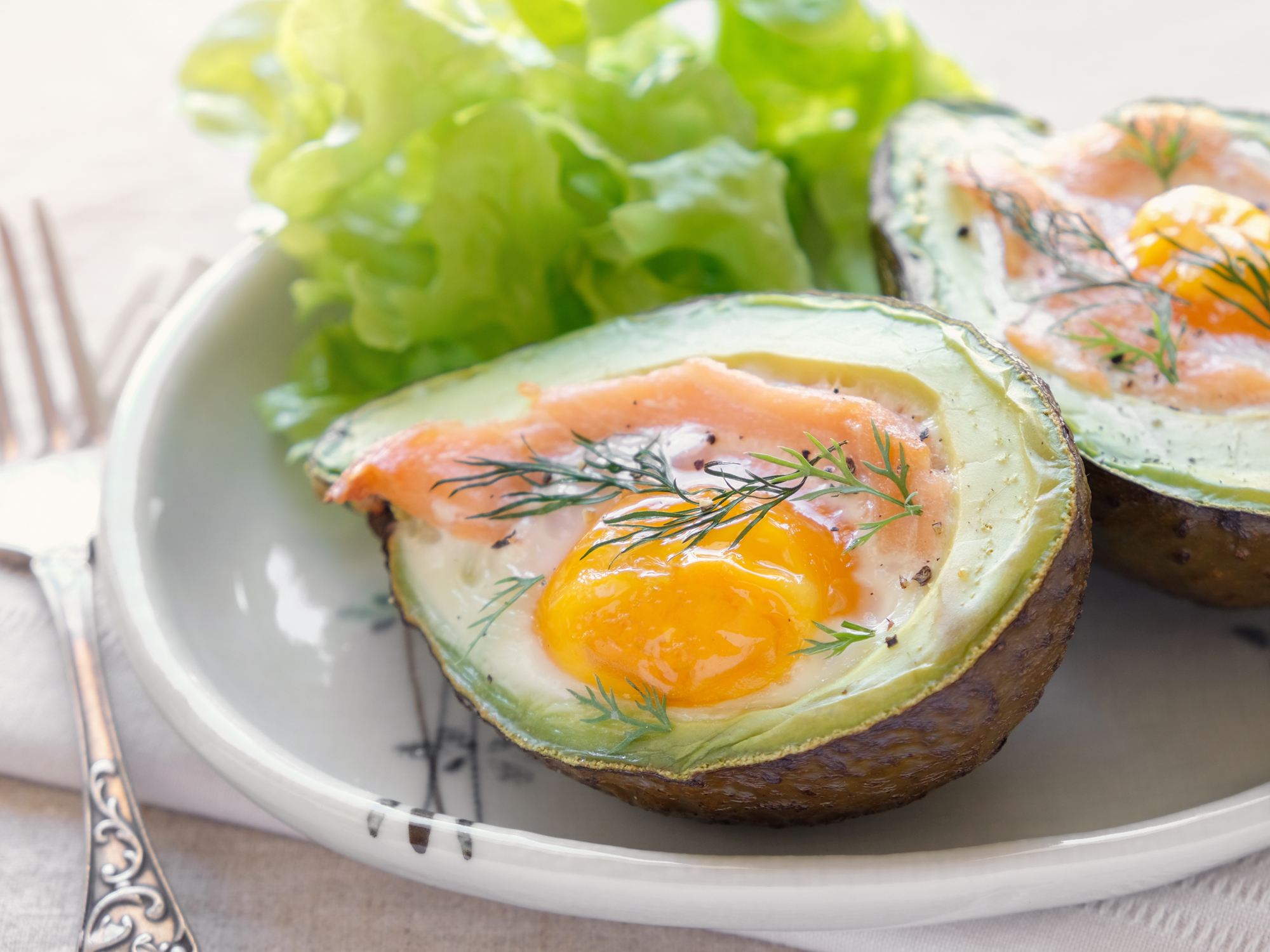Get Easy Health Digest™ in your inbox and don’t miss a thing when you subscribe today. Plus, get the free bonus report, Mother Nature’s Tips, Tricks and Remedies for Cholesterol, Blood Pressure & Blood Sugar as my way of saying welcome to the community!
Get your D this way to reduce weight, body fat and insulin resistance

For many years the humble egg has been criticized for being high in saturated fat and cholesterol.
But truth be told, eggs are not villains… just a very misunderstood food.
You see, whole eggs are actually a super healthy nutrient-dense food, containing high-quality protein, vitamins A, B12, D and folate, choline, lutein, zeaxanthin and arginine.
Being that eggs have so much to offer, we’re fortunate that continued research is proving these entrenched beliefs wrong…
For instance, contrary to popular belief, eggs actually improve cholesterol levels.
And eating whole eggs, including the yolks, provides heart-protective benefits — even in people who already have coronary heart disease!
But it’s about to get even better…
According to new research, there is one more very important reason to let go of your fear of eating eggs…
Better way to get your disease-fighting D
Vitamin D is an essential vitamin required for normal bone development, muscles, and teeth, along with playing a role in immune, hormonal and cardiovascular systems.
But vitamin D deficiency is a growing phenomenon in the entire population — especially among diabetics…
In fact, it is estimated that 70 to 90 percent of people with type 2 diabetes have vitamin D insufficiency — levels between 30 and 50 nmol/L (12–20 ng/mL). Specifically, a lack of vitamin D has been connected to increased insulin resistance and altered pancreatic function.
But not only is it possible that a deficiency of D can lead to type 2 diabetes, there is also some evidence that improving those levels may be an effective treatment. Not surprising, since vitamin D has been tied to defeating numerous diseases.
So, more than ever, you absolutely need to ensure you have sufficient levels of vitamin D to maintain optimal health.
But, before you reach for a vitamin D supplement, new research revealed something remarkable about eggs and vitamin D…
You see, eggs are one of the few foods that contain vitamin D. One whole egg delivers 44 IU of vitamin D…
And, when researchers divided three groups of animals and fed them either a casein-based diet (milk protein-based), dried whole eggs, or a casein-based diet supplemented with vitamin D (cholecalciferol), they discovered two things…
Firstly, the animals who ate whole eggs didn’t gain weight. Quite the opposite, in fact.
Even though they had an average 7 percent higher calorie intake, compared to the other groups, they had a 20 percent reduction in weight.
And, better yet, whole egg consumption directly reduced body fat by 8 to 13 percent!
Secondly, whole egg consumption increased levels of vitamin D by 130 percent, compared to only 35 percent in the animals supplementing with vitamin D!
So, the overiding message here is: Do not fear eggs!
Eggs are a low-carb, protein-rich and nutrient-dense food that can be enjoyed on a daily basis.
Editor’s note: Are you feeling unusually tired? You may think this is normal aging, but the problem could be your master hormone. When it’s not working, your risk of age-related diseases skyrockets. To reset what many call “the trigger for all disease” and live better, longer, click here to discover The Insulin Factor: How to Repair Your Body’s Master Controller and Conquer Chronic Disease!
Source:
- Saande CJ, et al. Dietary Whole Egg Consumption Attenuates Body Weight Gain and Is More Effective than Supplemental Cholecalciferol in Maintaining Vitamin D Balance in Type 2 Diabetic Rats. — J Nutr 2017;147:1715-21.












